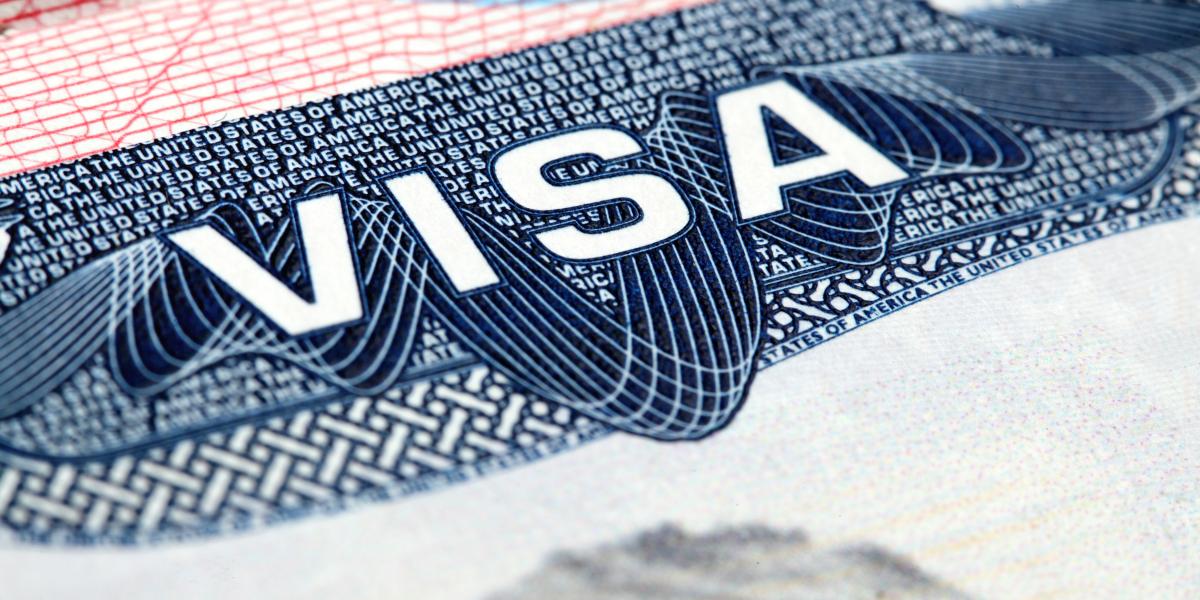COVID-19: NAFSA’s Regulatory Advocacy Efforts on Behalf of International Student and Scholar Programs

Editor’s note: With multiple regulatory updates throughout the year that affect international students—and the international educators who work with them—International Educator periodically asks NAFSA’s Director, Regulatory Practice Liaison, Steve Springer to provide insight and expertise on the latest government reports and regulations.
In early March, as it became clear that the coronavirus (COVID-19) pandemic could have significant impacts on international student and scholar programs, NAFSA began recommending regulatory policy and process responses to federal agencies.
Many of the recommendations are found in letters to the agencies from NAFSA CEO and Executive Director Esther D. Brimmer, DPhil. Others have been provided through email and informal conversations with agency officials. The letters and summaries of key informal communications can be viewed on NAFSA’s Coronavirus Critical Resources page. Understanding NAFSA’s strategy may be useful as you consider the agencies’ options and the advocacy that you and your institution may conduct.
Four Broad Recommendations to Government Agencies
NAFSA staff and member-leaders quickly realized that regularly submitting long lists of detailed recommendations to the agencies would prove counterproductive. Instead, broad agency initiatives and both intra-agency and interagency cooperation would be required to allow programs to adapt and continue serving students and scholars. NAFSA offered four broad recommendations:
- Protect the immigration status of students, scholars, staff, and faculty.
- Exercise flexibility on deadlines, filing windows, penalty counts, and reporting requirements.
- Employ a “one government” approach to ensure that all agencies and components honor each other’s COVID-19 policies and adjustments.
- Allocate resources to handle seasonal surges














